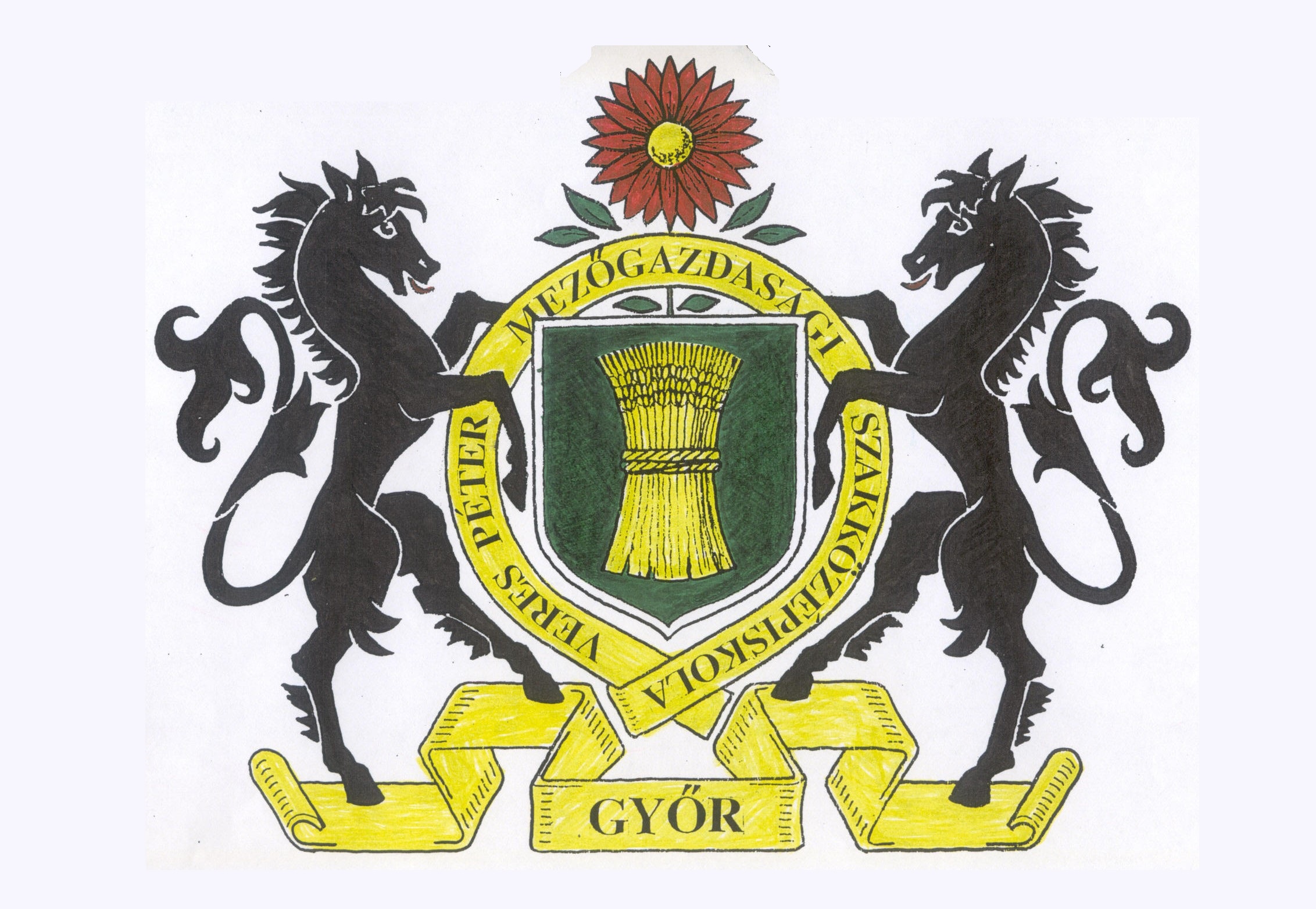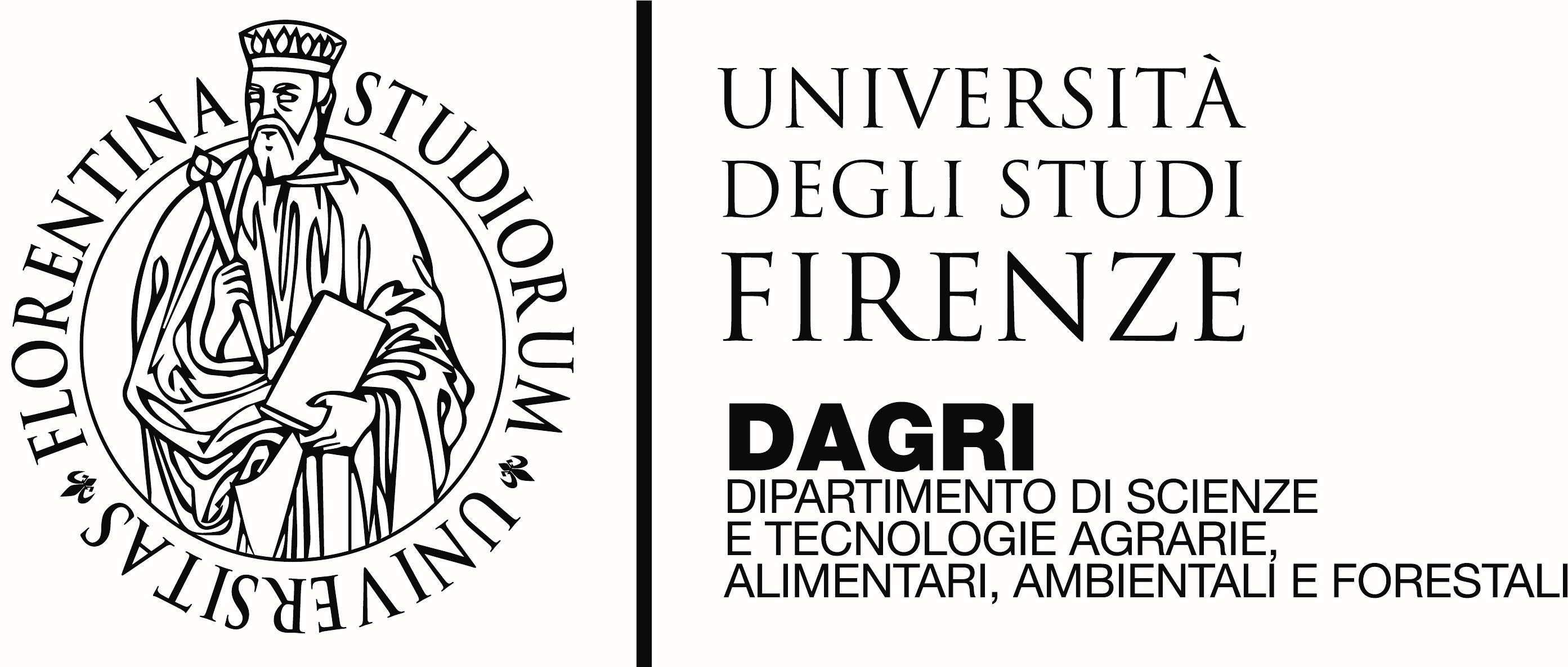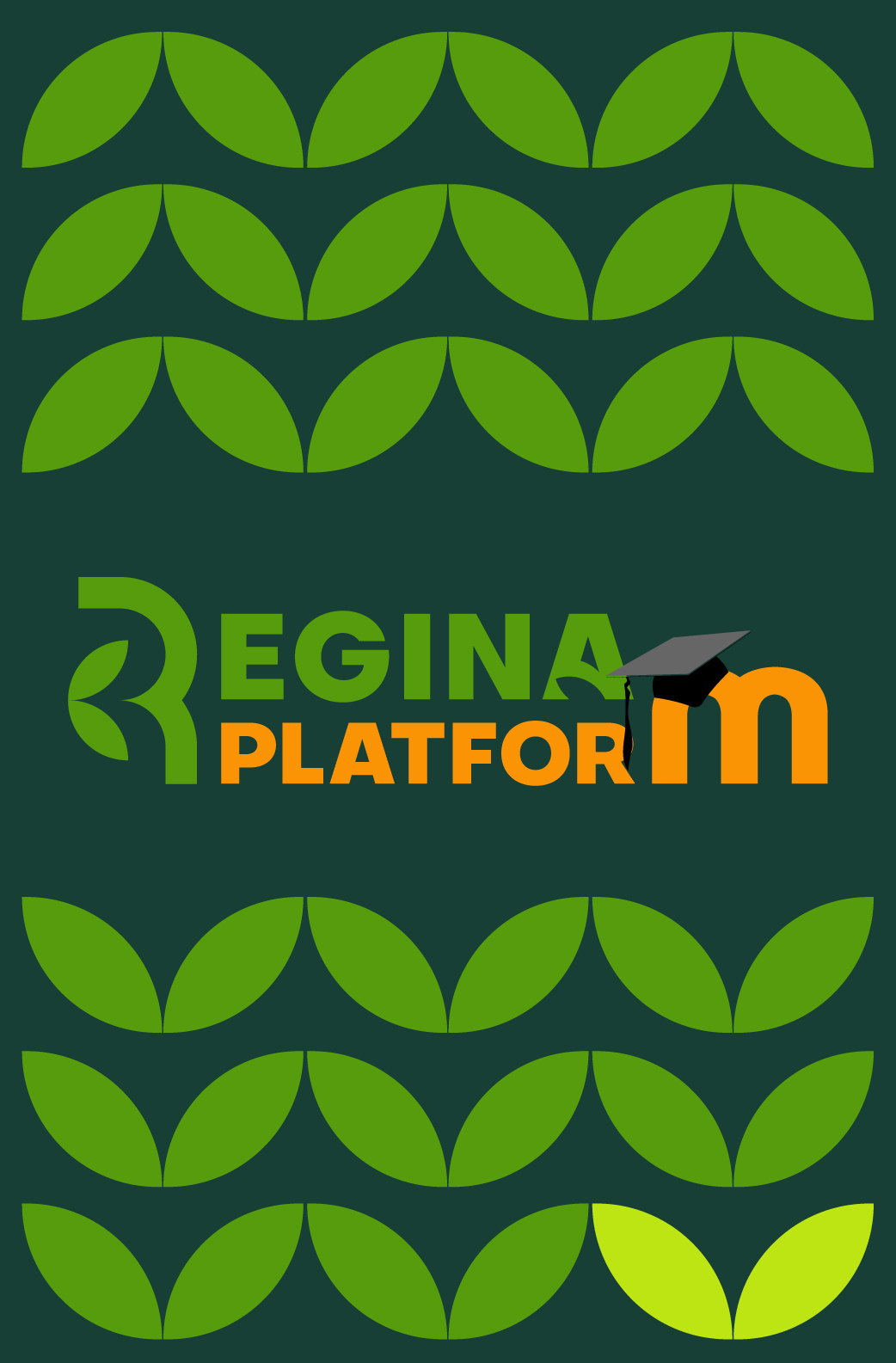Partners & Contact
8 partners across Europe are working closely together to implement the REGINA project:

Széchenyi István University, Hungary (Consortium leader)

The Széchenyi István University (SIU) is a traditional high education institute, profoundly experienced in supporting Hungary's leading industrial area with a strong focus for vehicle engineering, transportation and telecommunication as well as agriculture. Esp. agricultural researches look back upon a long history: The legal predecessor of our Faculty of Agricultural and Food Sciences was established in 1818 that makes it to one of the oldest universities in Europe of its kind. The university became the primary academic provider of the regional economy and public services sector, supplier of human resources and training needs in the Central Europe’s “golden triangle” region determined of the capitals of Hungary, Austria and Slovakia. Being situated in the core of regional automotive industry, which involves the world’s largest engine company by annual production size, Audi Hungaria Ltd. The university is a strong advocate of connecting education, research and innovation activities to industry. SIU acts as a regional centre in technology transfer as well. The University provides education as well as pursuing research work in the fields of engineering (especially for the automotive industry), ICT, architecture, economics, international relations, law, health, agriculture, pedagogy and musical arts. The university offers 37 BSc/BA and 30 MSc/MA study programs and has 15.000 students, 44 laboratories and 20 nationally unique equipment’s assist education, research and development centers. Near 900 employees (scientific and administrative staff) are working in the organisation. The university is located in two cities, Győr and Mosonmagyaróvár, whereby organisational units in both locations will be actively involved in the implementation of the project. The main contributor is the Department of Plant Science that forms an integrative part of the Faculty of Agricultural and Food Sciences in Mosonmagyaróvár, where practical plant production research has been carried out for more than 200 years. The Faculty also hosts the Agricultural and Food Research Centre (SIU-AFRC) that aims at organizing research activities related to agriculture and food industrial science. The Centre participates in the preparation and contribution of national and international R&D&I projects. The SIU-AFRC coordinates the operation of different laboratories (e.g. physical, chemical and microbiological testing of water, soil, feed and food samples) to support agri-food research and successful university-business cooperation. The strategic goal of the Centre is to develop innovative research units that support the practically oriented education and research tasks related to the precision food supply chain.
Contact:
Honvári Patrícia: honvari.patricia@krtk.hu
Beke Dóra: beke.dora@sze.hu
Euracademy Association

Euracademy Association is a non-profit European membership organisation officially established in 2004, with headquarters in Athens, Greece. Euracademy’s vision is to promote capacity building in rural areas through lifelong learning and transfer of good practice and cooperation between different actors of rural development in the EU. The Association has members from over 20 European countries including, universities, research institutions, academics, policy makers, social partners, local development managers and others. The Association has conducted a multiplicity of activities, including regular face-to-face learning in 18 annual summer academies, e-learning courses, publication of over 16 books, networking, research, project work, and has organised numerous conferences.
Contact:
Euracademy Association
Empedocleous 17, 11635 Athens Greece,
tel +3-2107525080
E-mail: euracademy.association@gmail.com
Webpage: www.euracademy.org
Slovenian Association for Conservation Agriculture, Slovenia
![]()
SACA was officially founded in Jan. 2016. The purpose of the association is to introduce and disseminate conservation regenerative agriculture into wider practice with the aim of contributing to the sustainable development of agriculture in the Republic of Slovenia through the following activities: 1. Bringing together natural persons involved in agriculture and conservation land use in a wider sense; 2. Developing awareness of the importance of sustainable technological practices in agricultural production that maintain and enhance soil fertility and the overall quality of the agroecosystem; 3. Monitoring, studying and implementing measures in the field of soil fertility conservation, innovations in this field and the introduction of new technologies of conservation/regenerative agriculture; 4. Inform and educate farmers, professionals, scientists and the rest of the public about the status and achievements in the field of conservation/regenerative agriculture through publications, lectures, meetings, exchange of experiences, field trips, courses and similar activities; 5. Cooperation with similar domestic, foreign and international associations and organizations;
The Association realizes its purpose and objectives by carrying out the following tasks: - Organization of lectures, consultations, discussions, seminars, conferences for its members with the aim of increasing the expertise in conservation/regenerative agriculture (CA / RA) and thus increasing public interest in the importance of CA / RA. Our goal is also to promote cooperation between research institutions, universities and individual professionals to participate in the planning of educational programs (curricula) and research activities in this field. Our society gives initiatives to the Ministry of Agriculture in connection with the measures of the Common Agricultural Policy and in the field of sustainable agriculture through the introduction of CA / RA. From 2023 SACA is officially recognized by the Ministry as NGO acts in the public interest in the field of agriculture.
Contact:
SLOVENSKO ZDRUŽENJE ZA OHRANITVENO KMETIJSTVO SZOK
Periška cesta 12,
1261 Ljubljana-Dobrunje
Forestry and Wood Technology School, Postojna, Slovenia

Forestry, Wood Technology and Nursing School in Postojna is a secondary vocational school. It admits mostly 15-year-old students who have finished primary school and who have chosen, after completing one of our programmes, to seek employment in forestry, carpentry, health services, or continue their studies at a higher level.
Our school has had a long tradition in the field of education. We have educated students in forestry for more than sixty years and in wood technology for more than twenty-five years. We have educated healthcare workers in the programme of healthcare since 2007. In addition to regular secondary education, we also carry out education of adults employed in the field of forestry, wood technology and nursing. Secondary School for Forestry and Wood Technology in Postojna also manages a hall of residence and a Youth Hostel Proteus, restaurant, cinematheque and many more. Our school is a place to explore, achieve goals, create, and above all, a place to have a good time.
Contact:
Srednja gozdarska, lesarskain zdravstvena šola PostojnaTržaška 36, 6230 Postojna, Slovenia
T: +386 (0)5 850 10 20,E: sgls.postojna@guest.arnes.si
South and East Cork Area Development CLG, Ireland
![]()
SECAD Partnership CLG is an Irish local development company that has successfully delivered rural development and social inclusion programmes in the South and East Cork area since 1995, on behalf of the European Union and the Irish Government through the National Development Plan. Through social, economic and environmental programmes, we provide support and assistance to individuals, businesses and community groups who are active at a local level. We provide general information, capital grant aid, technical assistance, mentoring, training and development initiatives as well as other support and guidance. SECAD Partnership CLG aims to motivate and empower local communities to create a more vibrant, sustainable and inclusive society.
Contact:
Isabel Power, ipower@secad.ie
Ryan Howard, ryan.howard@secad.ie
Veres Péter Mezőgazdasági és Élelmiszeripari Technikum, Hungary

The Veres Péter School is a public secondary vocational school, which includes two sections: the Industrial School and the Technical School. The Industrial school educates students to take up the following professions: - Farmer – Gardener - Baker - Baker/ confectioner - Butcher and producer of meat products The Secondary technical school educates students for the following professions: - Agricultural technician - Bakery and confectionery technician The school runs a farm of 2 000 000 m2. On the bigger part we grow corn, wheat, oat and sunflower. A smaller part is used as a hayfield, that feeds the horses and the sheep kept in the educational farm. The School employs 49 teachers. Our school places great emphasis on practice-oriented teaching. Preparing students for entry to higher education is also important in our school. In our teaching materials particular emphasis is placed on regenerative agriculture. Our school works closely with farmers. The educational programme includes crop production and animal husbandry with practical support from the farm of the school.
Contact:
Mihályfi Sándor: mihalyfisandor@gmail.com
GYMSM Gazdakörök Szövetsége, Hungary

Our county Association coordinates the activity of 14 different Farmers’s Clubs and Farmers’s Cooperatives of the County of Győr-Moson-Sopron. So we can safeguard and promote the interests of thousands of farmers and food- processors. The aims of the Association are to represent the members interests, to support and harmonise their activities, to advance farming and professional development, to help them to manufacture a marketable product, to organise the supply of goods, to supply of machines and instruments – so to promote the sharing of machinery as well –, to enhance the forces of production of the land and to preserve the natural landscape. In order to achieve these objectives the Association represents the members before the varying administrations and other organisations, takes a position concerning sectoral matters, organises presentations, supports the ornamental farms, the innovations and the production of high-quality foods. The Association shall provide assistance for joint commercialisation, for commodity product acquisition too. We give regular opportunity for our members to meet and to inform each other in a various way. We stimulate and encourage the introduction, dissemination and use of new eco-friendly technologies and procedures. Our county Association is fully engaged in the work of the National Association of Hungarian Farmers' Societies (short name: MAGOSZ), so takes a position continuously concerning sectoral matters and comments on the legislation concerning agriculture. We don’t have permanent staff, but 5 professionals have a mandate related tasks.
Contact:
Takács Péter: gymsmagosz@gmail.com
University of Florence, Italy

The University of Florence is an important and influential centre for research and higher training in Italy, with 1,800 lecturers and internal research staff, 1,600 technical and administrative staff, and over 1,600 research assistants and doctoral students. It is one of the largest in the Italian university system, offering a wide range of study programmes at various levels and in all areas of knowledge. In fact, the University of Florence has 126 Degree courses (First and Second Cycle, corresponding to Bachelor's and Master's Degrees) organized in 10 Schools and 24 Departments, with a population of about 51,000 enrolled students, one-fourth of which comes from outside of Tuscany. All the academic activities have a strong international dimension: there are 3400 foreign students and about 300 cooperation agreements in place with as many universities in 75 different countries. A significant part of the yearly budget is allocated to scientific research. Recently, UNIFI has been ranked among top Italian Universities for the distribution of national research funds, and it is one of the most active Italian universities in terms of European projects and related grants. In REGINA project, UNIFI is represented by the Department of Agriculture, Food, Environment and Forestry (DAGRI) which belongs to Technological Area. DAGRI has 125 permanent staff research units and 60 technical/administrative staff, as well as more than 150 temporary staff units (post docs and research fellows). A particular attention it has constantly been devoted to the transfer of scientific knowledge and know-how to stakeholders and end-users related to agricultural and food areas. Two sections of the department are involved in the project. The scientific and educational activity of the Section of Agronomy, Genetic, and Land Management, is aimed at the study of the structure, functions, expression, and inheritance of genes in plant species of agricultural and forestry interest, as well in relation to the distribution and dynamics of polymorphisms in the genetic resources’ populations and to its environmental interactions. Other topics studied within the Section are those concerning the study of agroecosystem, biology, ecophysiology and the agronomic management of crops. Activity is also focused on statistical-mathematical tools for agronomic experimentation and agroecosystem modelling; the development of tools for sustainable management and evaluation of the agro-ecosystem and production chains. This Section of Plant and Soil Science studies the relationships between soil and vegetation, with the aim of promoting conservation and sustainable management. The research lines concern: (i) the study of the soil as a complex ecological system, its genesis and degradation, and the role of the microbial component; (ii) soil and vegetation as carbon stocks; (iii) Vegetation distribution and responses to stress factors; (iv) applied systematics; biodiversity and its ecological, economic, and cultural importance.
Contact:
Prof. Simone Orlandini: simone.orlandini@unifi.it
Dr. Marco Napoli: marco.napoli@unifi.it
Dr. Ilaria Cavaciocchi: ilaria.cavaciocchi@unifi.it

The REGINA project (No. 2021-1-HU01-KA220-HED-000027629) was funded by the European Commission. The content of this website does not necessarily reflect the views of the European Commission.
Call 2021, KA220 – Cooperation Partnerships in Higher Education
The European Commission’s support for the production of the publications does not constitute an endorsement of the contents, which reflect the views only of the authors, and the Commission cannot be held responsible for any use which may be made of the information contained therein.

